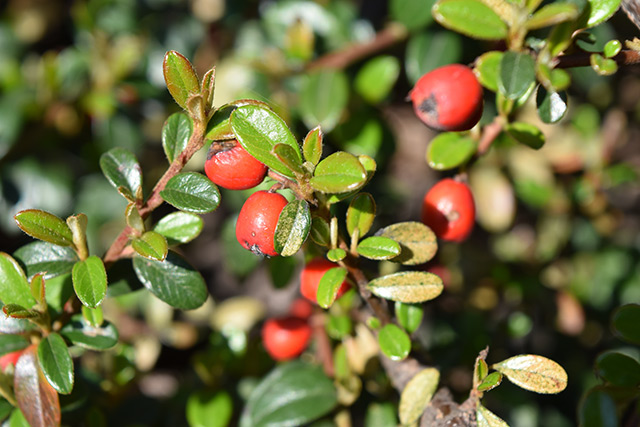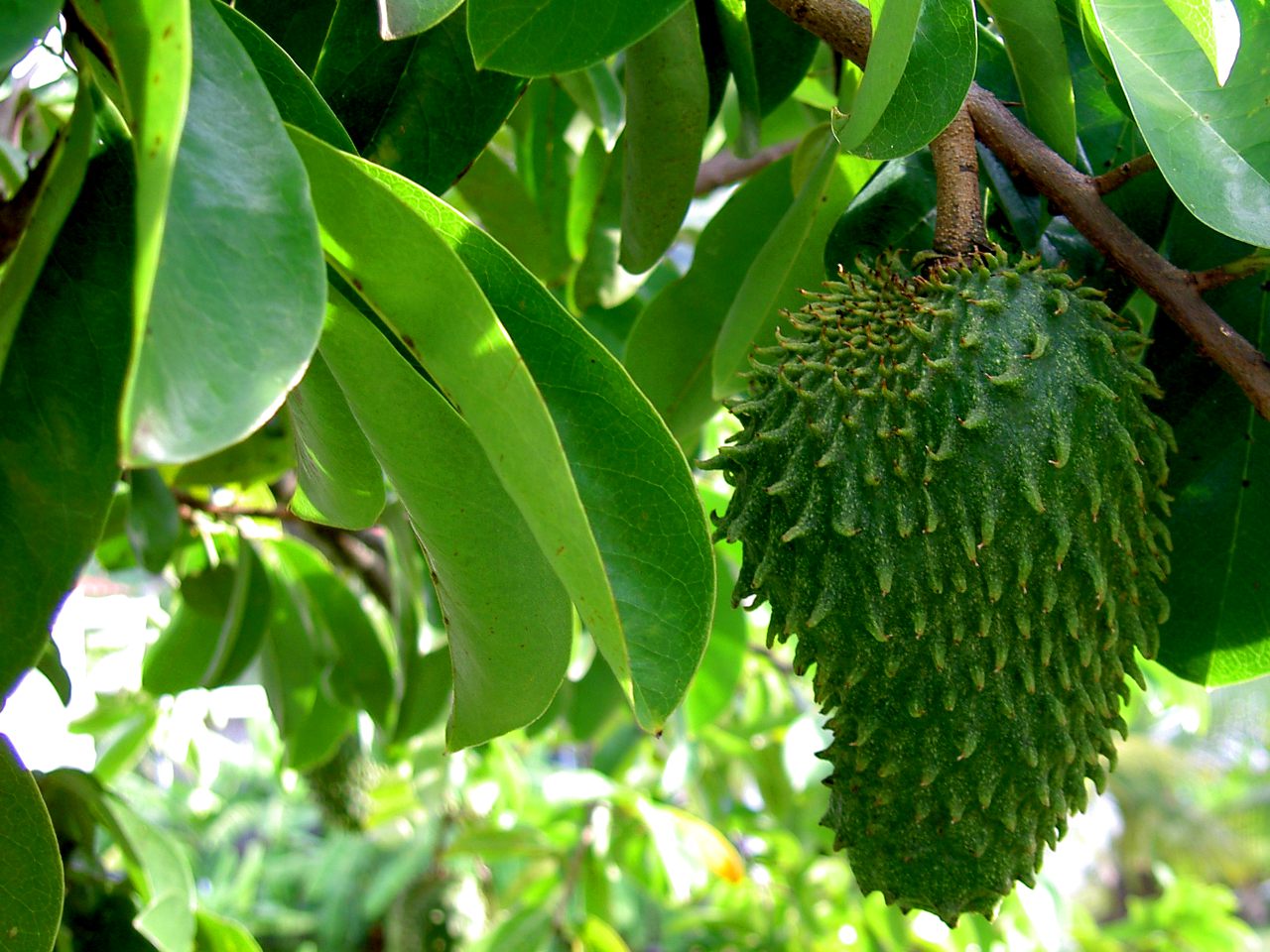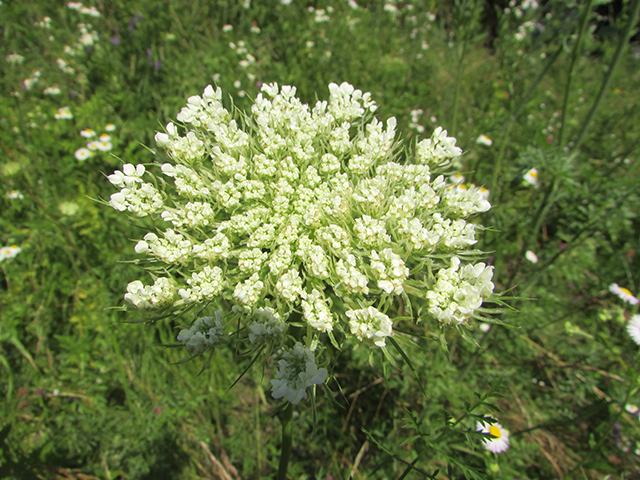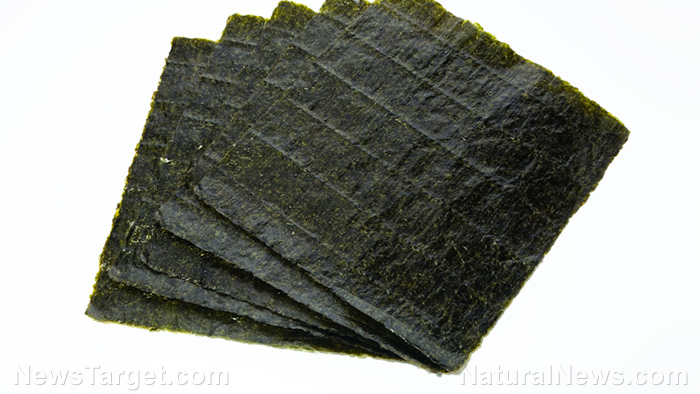The nutritional profile of dill
08/22/2018 / By Edsel Cook
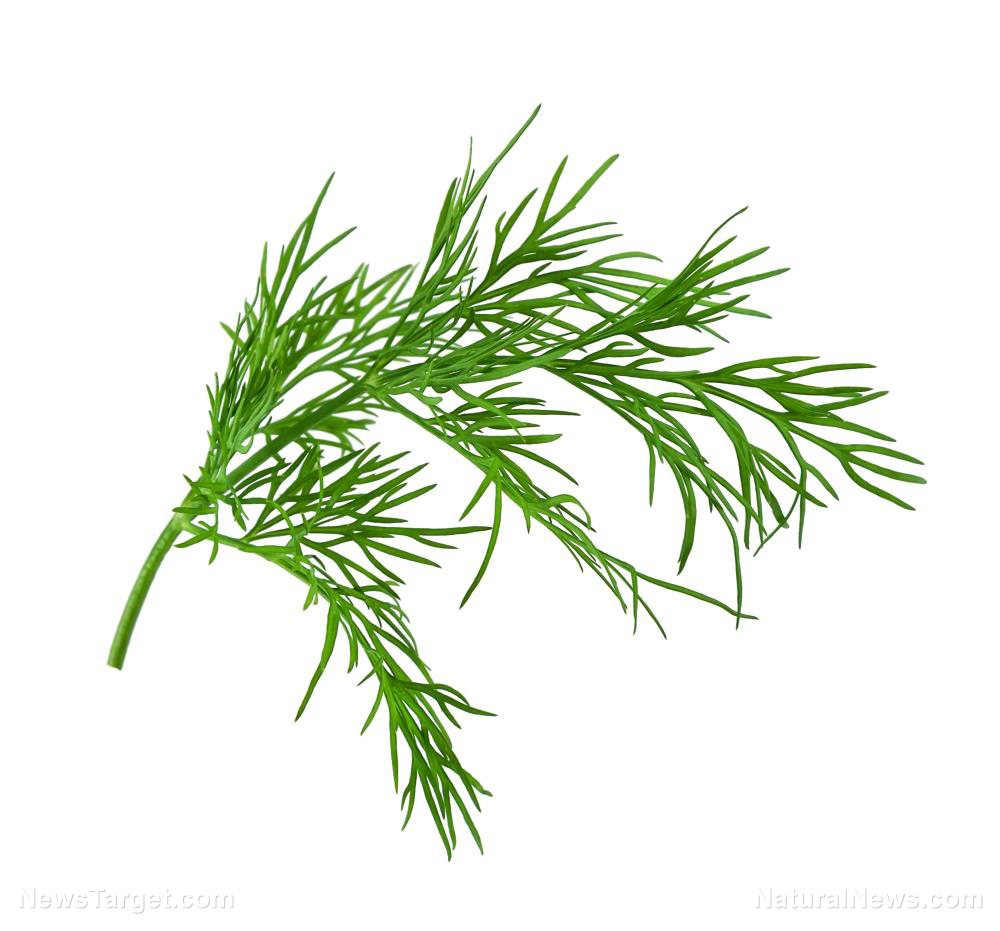
Based on its traditional use as a medicinal plant, Bangladeshi researchers evaluated the nutritional profile of dill (Anethum sowa). They reported that the root of the common spice contains numerous phytochemicals that have antimicrobial, antioxidant, and cytotoxic properties.
The study was approved by the Bangladesh Council of Scientific and Industrial Research. Its researchers published their results on the science journal BMC Complementary and Alternative Medicine.
- Dried roots were processed to create five different extracts: Chloroform, ethyl acetate, hexane hot, methanol, and petroleum ether.
- Preliminary screening of all extracts confirmed the presence of alkaloids, cardiac glycosides, flavonoids, saponin, and tannins. However, the test did not find any cyanogenetic glycosides.
- In the antioxidant activity test, chloroform, ethyl acetate, and methanol extracts demonstrated excellent antioxidant activity on par with ascorbic acid and butylated hydroxytoluene. The methanol extract scavenged the most free radicals.
- In the cytotoxic test with brine shrimp larvae, both crude ethyl acetate and chloroform extracts performed the best. The two extracts achieved comparable performance with vincristine sulfate, an artificial chemical used in chemotherapy treatment.
- All extracts were able to reduce the numbers of gram-positive and gram-negative bacteria. Their antimicrobial properties were comparable with ciprofloxacin and tetracycline, a pair of common antibiotics.
In their study, the researchers were able to verify the ethnomedicinal usage of the dill. They also reported that the root extracts could serve as a new source of natural antioxidants, antimicrobials, and cytotoxic agents for developing the lead molecules of future medicines.
The complete study can be read at this link.
Follow Herbs.news for more articles on spices like dill that serve double duty as medicinal plants.
Journal reference
Saleh-E-In MM, Sultana N, Hossain MN, Hasan S, Islam MR. PHARMACOLOGICAL EFFECTS OF THE PHYTOCHEMICALS OF ANETHUM SOWA L. ROOT EXTRACTS. BMC Complementary and Alternative Medicine. 2016;16(1). DOI: 10.1186/s12906-016-1438-9.
Tagged Under: antibacterial, antimicrobials, antioxidants, Dill, herbal medicines, medicinal herbs, medicinal plants, phytochemicals, spice and healing herb, Spices, traditional medicine



